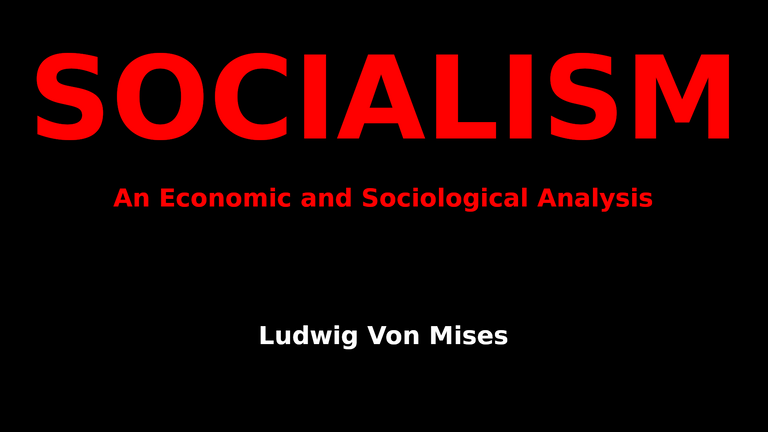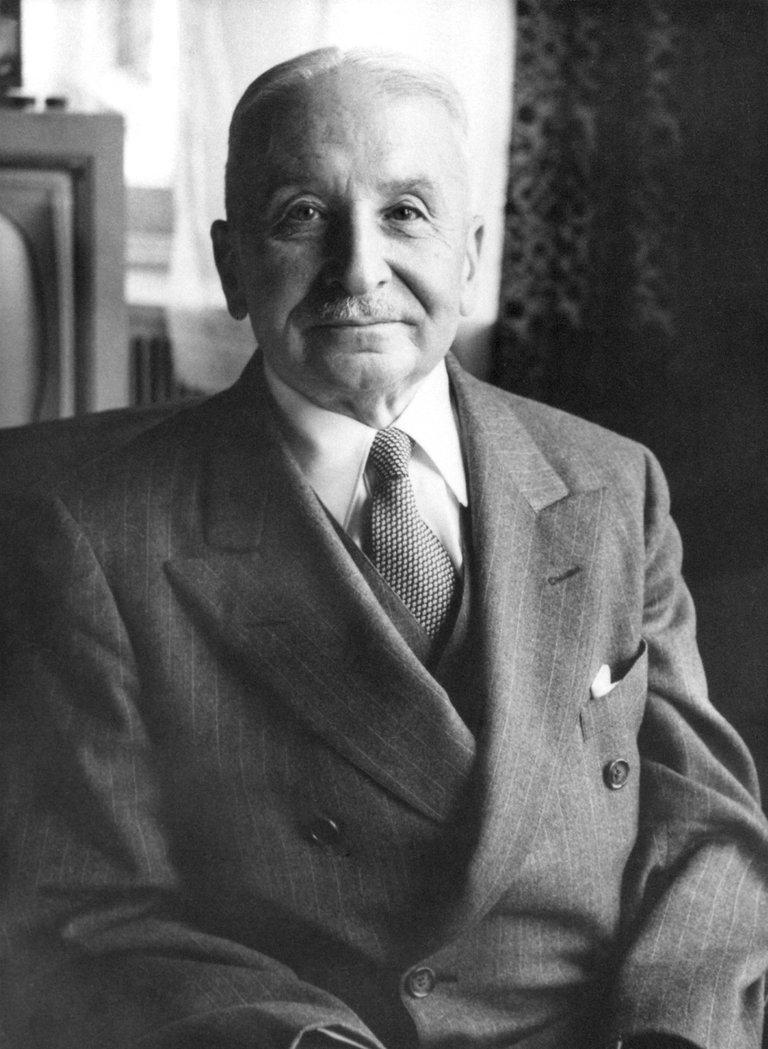
Why I Am Doing This
It seems to me that the world, but particularly America, has rapidly begun to advance down a very dangerous path. Just within the past year alone we have witnessed, time and time again, steps being taken to nationalize industries due to economic hardship. Crises have been used to legitimize massive expansion of governmental power at both a local and national level. Even now, governmental power has extended to the point where those rights enshrined in the US Constitution were simply swept away with the sound of a gavel and the swipe of a pen. All of this done in the name of "The Greater Good."
Beyond the greater current global crisis, in America we have witnessed in recent weeks and months a rapid breakdown of civic order as a wave of terror swept over many larger cities and towns. Unrest fueled by a collective sense of victimhood resulted in the looting and destroying of multitudes of business and homes, the destruction of millions of dollars in private property, and the loss of numerous lives due to police inaction as a result of political pandering. Some of the specific causes of this unrest, such as abusive policing, are valid. However, the primary and underlying causes are far less concrete and are fueled by a collective demand for "equality," not just in opportunity, but outcome. This is a result of decades upon decades of socialistic policy making, education, and leadership. These decades of a constant "Us versus Them" mentality has bred a large amount of envy and resentment among different populations, in both America and the World.
This is not by accident either. Socialism, and more generally collectivism, require such conflicts to be created to allow their own ideology to flourish, grow, and take hold. It is born out of the idea that there is no "Individual Man" and there can be no peace among groups of men until they are all equal. In order to enable all to be "equal," as Socialism sees it, all must be owned by all. Which in effective terms means the State must own everything. This is the basis of Socialism: the abolition of private ownership.
Ludwig von Mises showed this would happen, in his book titled Socialism: An Economic and Sociological Analysis, he explains in detail why it is Socialism seeks this and why it has so far been successful in always moving closer to its final goal. He does this not just purely from economics either. As the title of the book suggest, he examines the larger impacts of socialism on society. This will in many ways shine light on the form of socialism we see around us today, which is not based in purely Classical Marxist thought, but the newer form sometimes known as Neo-Marxism, Social Marxism, or Cultural Marxism. This newer form represents a shift away from purely economic reasons for socialism to those based around cultural, social, political, or other needs, as well as economic concerns. It is still socialism though, no matter the name.
With this analysis, I hope I will be able to shine light on how something written in the Interwar Period of the 1920's can still be just as accurate and just as needed today as it was back then. I will go chapter by chapter, with my thoughts on each part of a chapter given in a post. Some chapter analyses may be longer than other, and while I don't intend on skipping any chapters, several chapters may be condensed into one post if I feel it warrants condensing. There are a little less than 40 chapters, including some extra material from the book, so this will be a rather long endeavor. However, I hope that for others, and even myself, it shines light on what Mises was trying to warn the world about Socialism nearly 100 years ago.

"Do not give in to evil, but proceed ever more boldly against it."
(This is a quote often associated with Mises. He is quoted as saying, "In high school, as was custom, I had chosen a verse by Virgil to be my motto: Tu ne cede malis sed contra audentior ito. Do not give in to evil, but proceed ever more boldly against it." A quote that is as true now, as it was then.)

Haven't read the book or any book by Mises. I do love Ayn Rand and I'm against anything that breeds into more politics. Socialism is definitely drowning in bureaucracy. that's enough for me call it an evil mess.
The book world help those who are still in the dark and those ho want to argue against socialists.